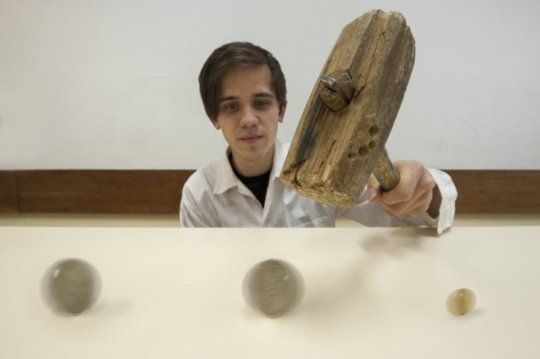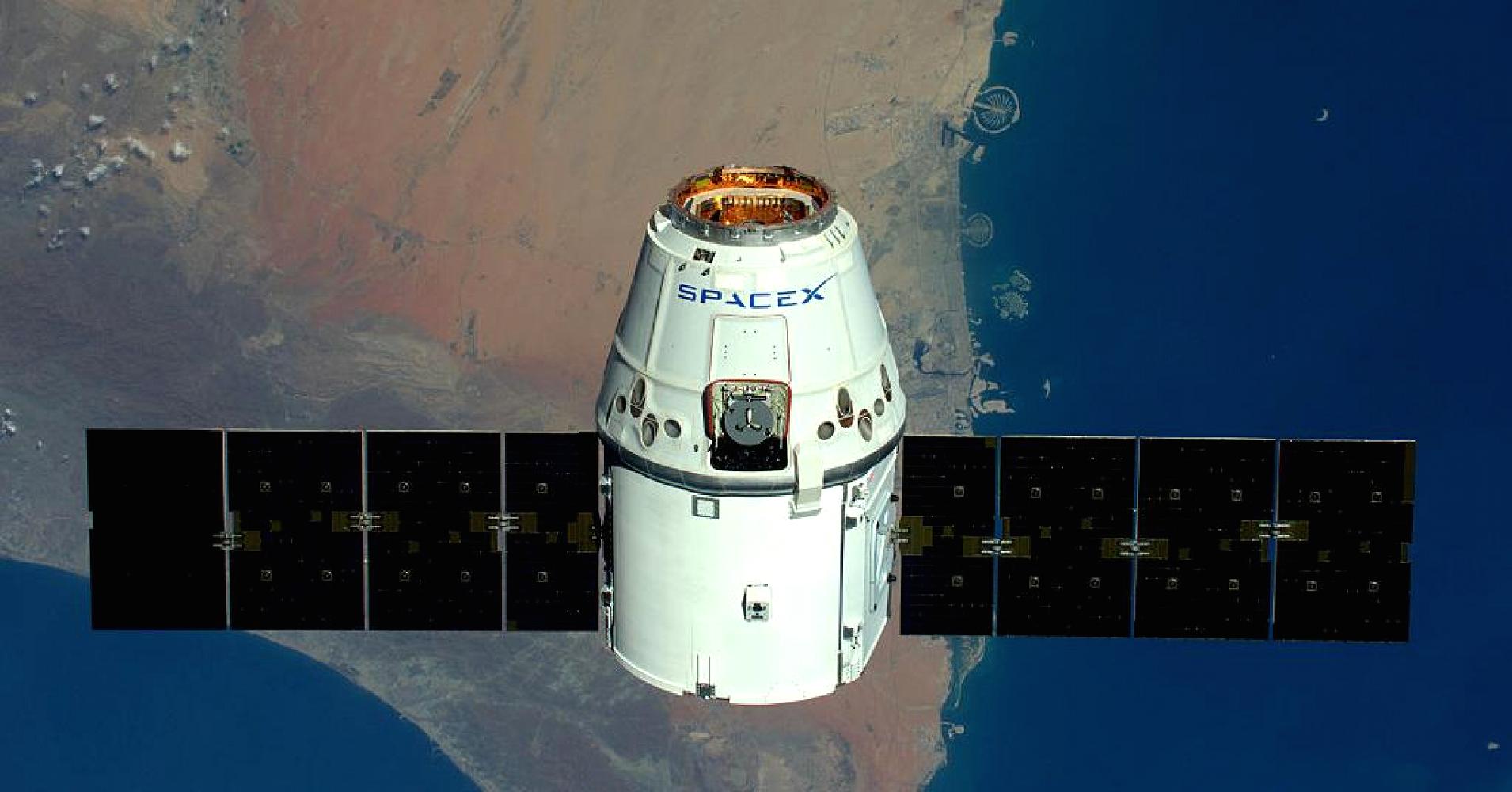New report: rise of the machines: the dyn attack was just A practice run.
As the adversarial threat landscape continues to hyper-evolve, America’s treasure troves of public and private data, IP, and critical infrastructure continues to be pilfered, annihilated, and disrupted. The Mirai IoT botnet has inspired a renaissance in adversarial interest in DDoS botnet innovation based on the lack of fundamental security-by-design in the Internet and in IoT devices, and based on the lack of basic cybersecurity and cyber-hygiene best practices by Internet users.
http://icitech.org/icit-publication-the-rise-of-the-machines…ctice-run/







